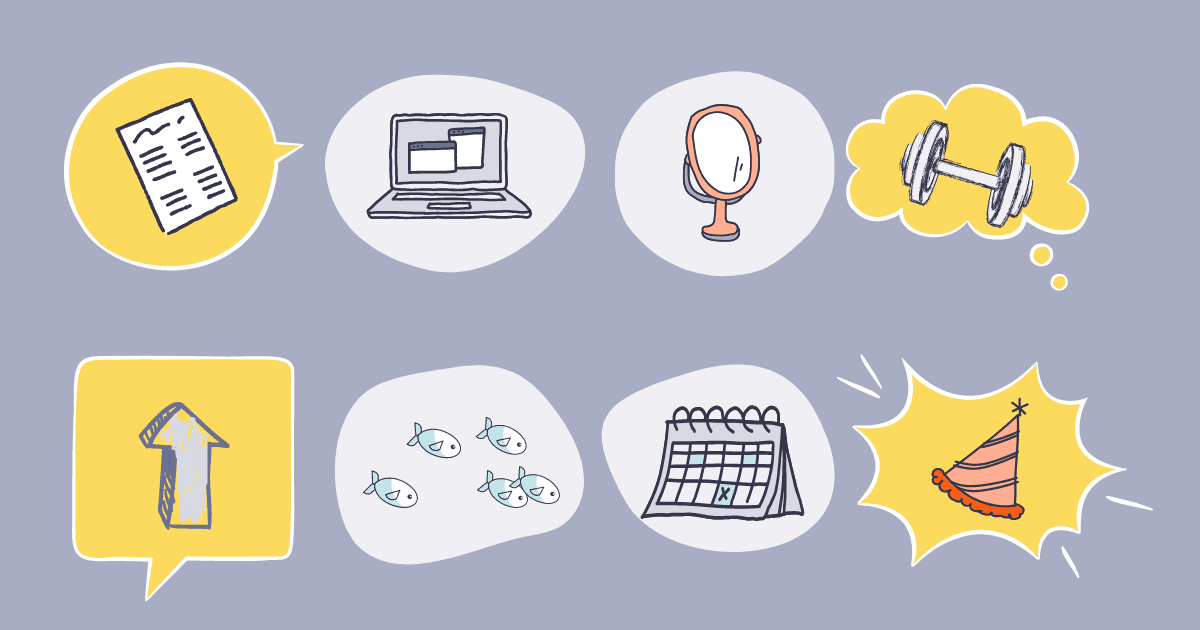
28 November 2022
5 min.
Autonomous learning
15 September 2023
4 min.

Would you like to progress professionally? Change jobs? Learn a new language or simply master the new platform that’s been introduced in your organization? There are many tips and tricks to stimulate your learning muscle. But one ingredient in particular stands out as one of the best predictors of success: a sense of personal efficacy.
Imagine that you have a little voice inside you that tells you whether or not you feel capable of succeeding at a task or taking on a challenge (e.g. getting to grips with brand-new software). This little voice is called your sense of self-efficacy. It’s like your inner barometer, influencing your willingness to try new things and persevere, even when things get tough.
Self-efficacy is a motivational concept originating with Canadian psychologist Albert Bandura. It is defined as a person’s belief in their ability to perform a task or meet a challenge in a specific field.
This means that if you strongly believe you can accomplish a task, you’re more likely to make the necessary efforts to achieve it, and to persevere even if obstacles present themselves (for example, by finding new sources of information to help you get to know that new software better). Be careful, however, not to overestimate your abilities: being realistic about your skills and being well prepared remain important conditions for success!
It’s not always easy to access that little positive voice, especially when you’re feeling overwhelmed, rushed, stressed… If you feel that you don’t have the resources to meet a challenge, well, you might try to to avoid it, or you might just give up quickly. But don’t panic! The feeling of personal efficacy is built on 4 sources of information. Therefore, it’s easy to extract simple tips to help boost your sense of personal efficacy and overcome these difficulties more easily!
The more successes a person has achieved in the past, the stronger their confidence in their ability to achieve more.
Seeing someone else succeed, someone you can identify with (e.g. age, education, gender, etc.), has a positive influence on your sense of self-efficacy.
Receiving sincere encouragement improves confidence in your abilities.
Interpreting felt stress as a warning sign of failure can diminish your sense of self-efficacy, but interpreting it as excitement or normal tract changes the game!

Sounds too good to be true? The theory of self-efficacy is supported by numerous scientific studies and empirical research. Since its introduction, the theory has been extensively explored and validated in various fields, such as education, clinical psychology, health, work and more.
At Boostalab, you’ll find it in our solutions and, above all, at the heart of our pedagogical approach. In what ways?

There’s no doubt that any change brings its share of surprises, questioning, obstacles and sometimes setbacks. That’s why it’s important to welcome these moments (even if they may pinch a little…) as learning and development opportunities, just like your fantastic successes!
Indeed, while working to improve your sense of self-efficacy increases your chances of success, it’s not magic! Other factors can influence our successes and failures. But one thing is certain: it remains an indispensable ingredient in professional development.
Use it without moderation, at work, at home and at play!